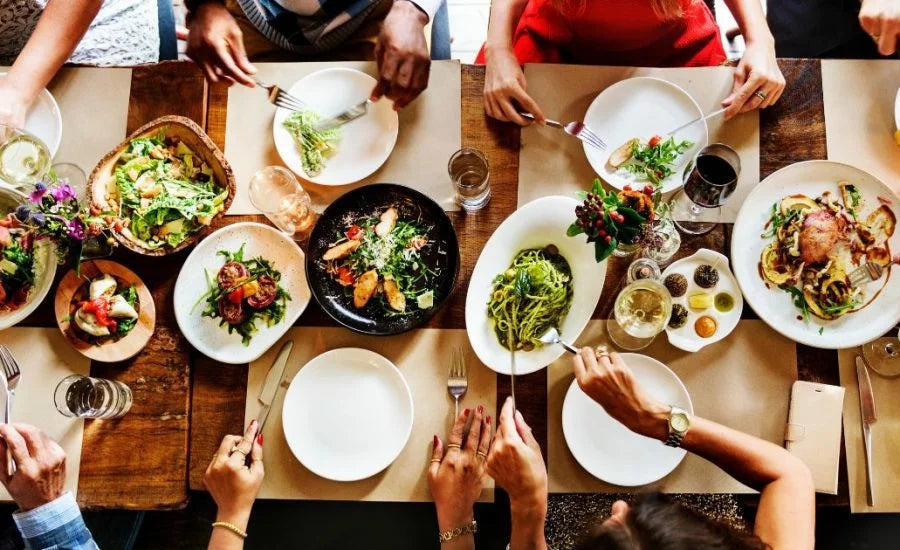March 9, 2023
The food sector is among those that are experiencing the most changes ever. The energy revolution and climate change have inevitably placed emphasis on what our eating habits were, questioning old trends to make room for new consumption habits.
Glocal approach
After the pandemic and following the political vicissitudes linked to the Ukrainian conflict, the various players in the supply chains have become aware of the risks associated with relying exclusively on certain channels or countries for food imports. Consumers are increasingly aware, preferring locally produced products rather than imported ones, where production is possible. Furthermore, the glocal approach, also called New Glocal, will bring with it new opportunities for restaurateurs, who will be able to rely on shorter and more sustainable supply chains.
The spread of fermented products
From a gastronomic point of view, fermented products enhance the particular taste sensation induced by monosodium glutamate, typical of broths, roasts, cheeses and other animal or vegetable products. Furthermore, their production does not require complex processes and offers a valid method to minimize waste. They fit well between two mega-trends: health products, characterized by a high nutrient content, and the discovery of the fifth flavor: umami.
No-waste attitude
More sustainable but also more careful to avoid waste. Energy crisis and climate change have pushed consumers to reflect on the origin of waste and to find new strategies to reduce it due to the ever-alarming data: more than 17 billion tons of CO2, over 4 million tons of wasted food and a water consumption that exceeds 11 billion per cubic meter every year.
Food commerce: quick and green
More and more pretentious, but in a good sense of the word: those who shop are more aware of healthy products, which are good for health and the planet and clash with the frenetic life of every day. Online purchases from companies that guarantee green, glocal and certified products are becoming increasingly frequent, an acceleration triggered by the pandemic.
At Boniviri we study consumer habits and preferences in order to provide products that are as close as possible to their needs and that, at the same time, guarantee a short, fair and sustainable supply chain from both an environmental and social point of view.
Producers are our sentinels: thanks to their responsible choices, often not in line with what large-scale distribution requires, they safeguard tradition and biodiversity that would otherwise be lost due to market rules to which they cannot submit.




